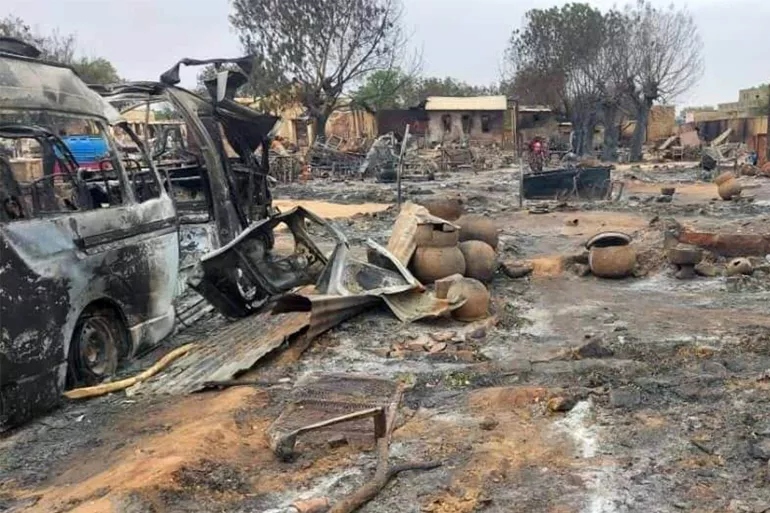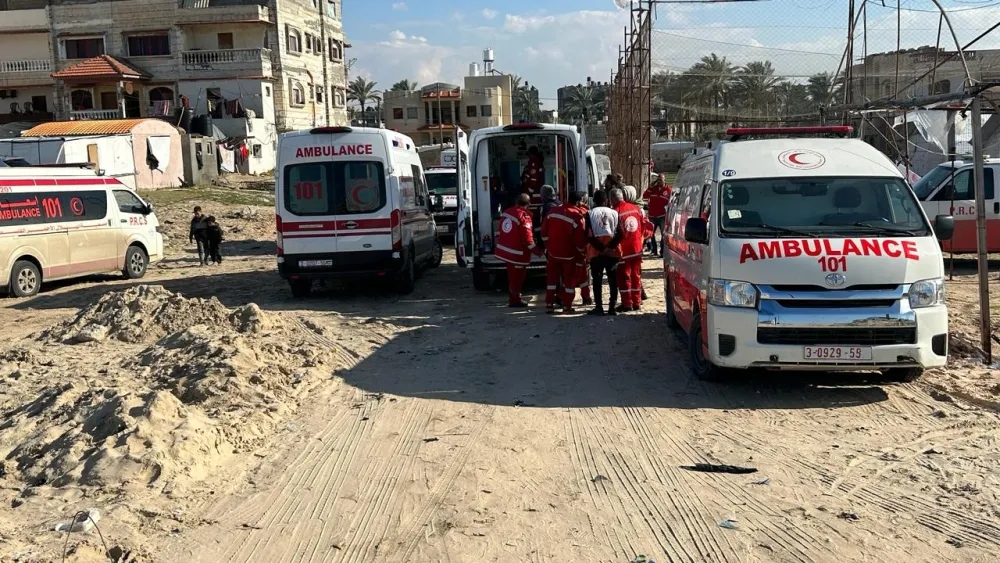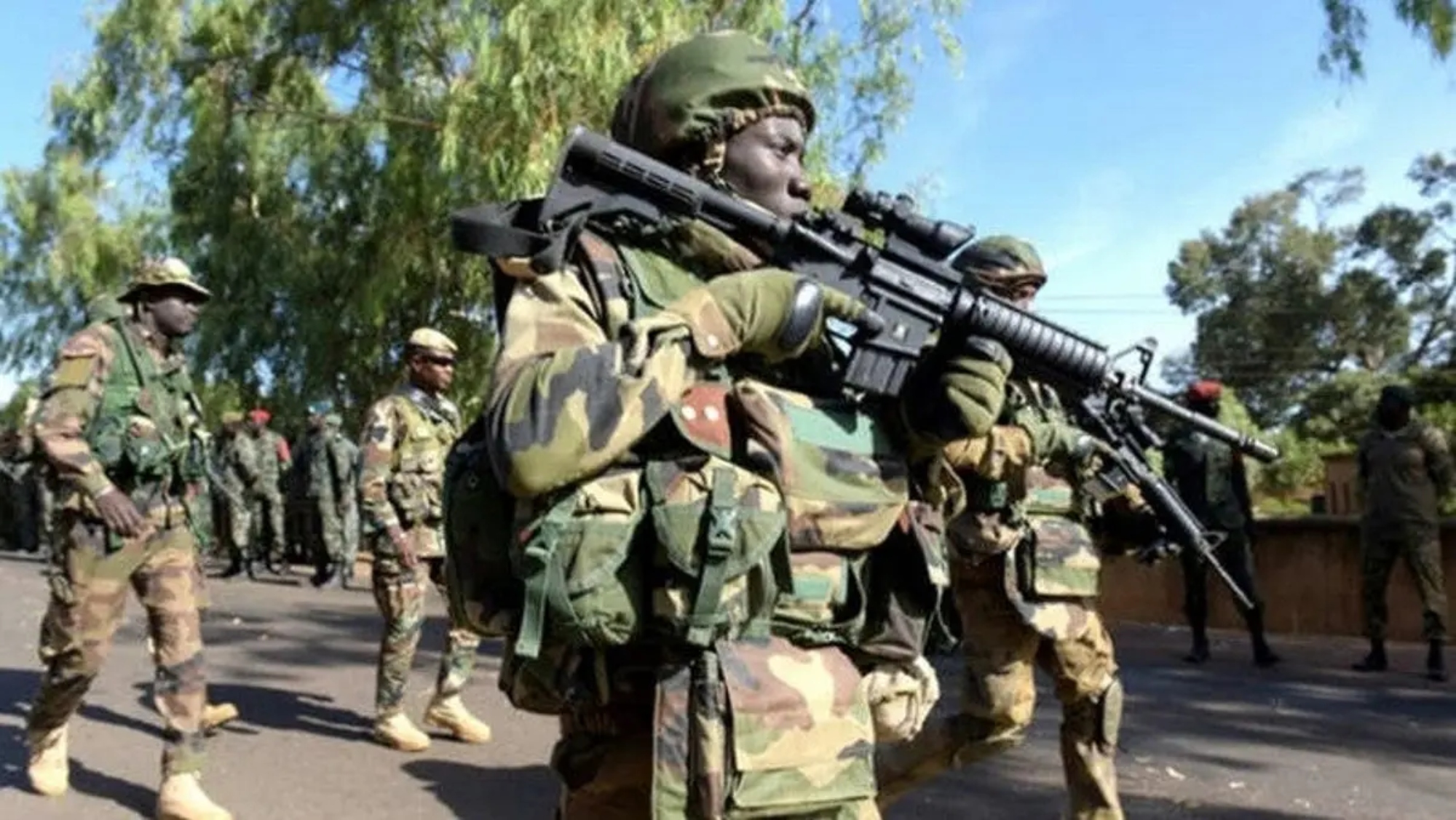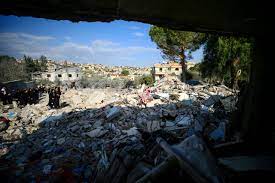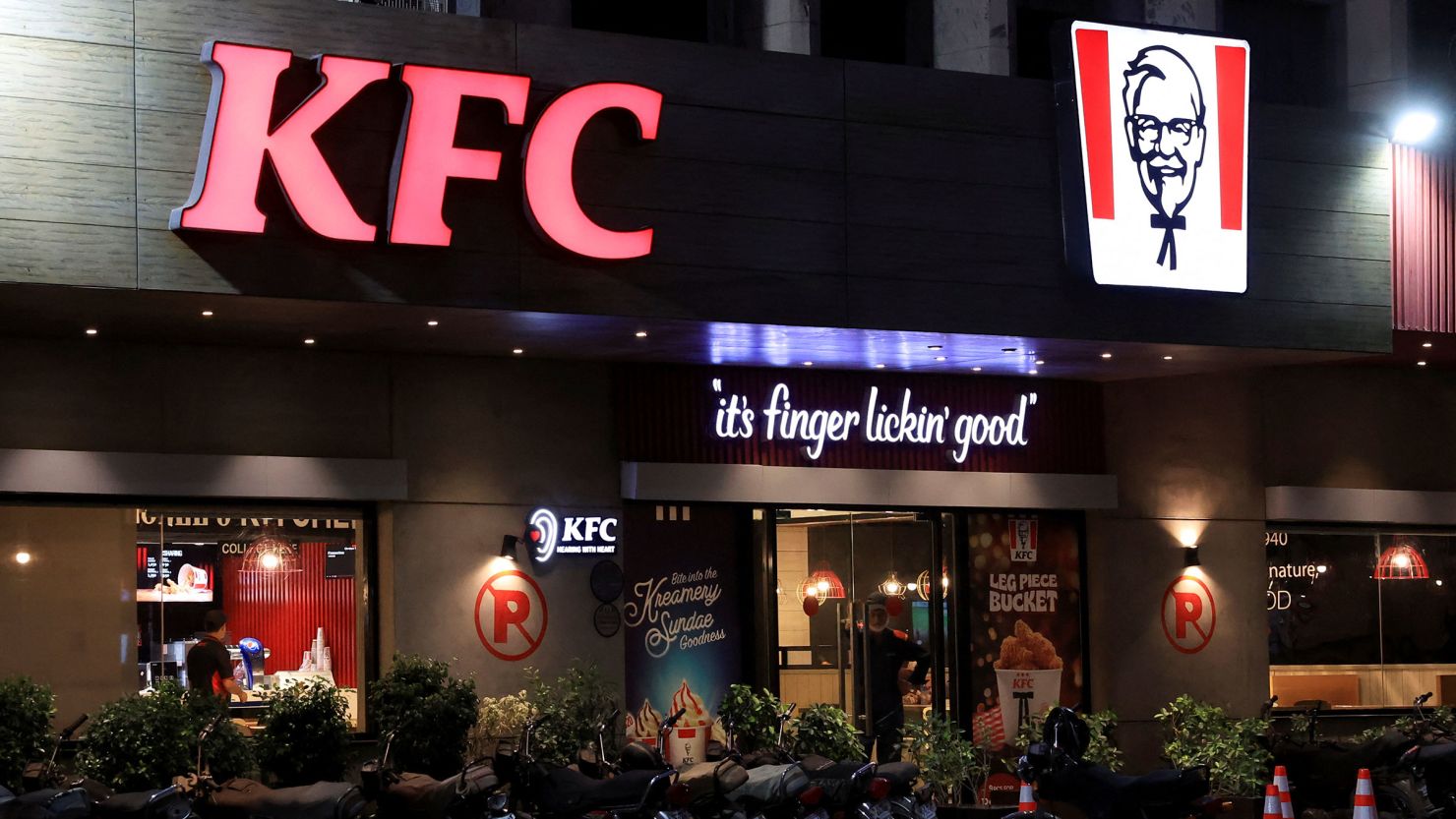El Fasher: From Safe Haven to Battleground
El Fasher, once a refuge in Darfur, is now engulfed in
conflict. Artillery shells devastate displacement camps and residential homes
alike. Food and medical supplies are dwindling, and families are fleeing
without the chance to bury their dead.
This city has become the latest epicenter in the year-long
war between Sudan's army and the paramilitary Rapid Support Forces (RSF),
displacing nine million people and pushing many to the brink of famine.
UN officials have described the situation in El Fasher as
“Hell on Earth” and warn of potential genocide. Daily reports from friends and
human rights monitors in the city underscore the severity. Jamal, a friend from
El Fasher, recounts the agony of mothers and orphaned children in hospitals,
suffering in the aftermath of relentless shelling.
The battle for El Fasher, home to two million people, began
last month but was anticipated. It is the army's last stronghold in Darfur, a
region mostly captured by the RSF over the past year. The RSF, composed mainly
of Darfuri Arabs, must now defeat the army and various non-Arab Zaghawa rebel
groups to take the city.
Human rights groups fear the intensifying conflict could
lead to ethnic targeting. Currently, civilians are caught in crossfire and
suffer under an RSF-imposed siege. With few international aid groups able to
operate in El Fasher, local youth groups and emergency response teams are the
city's lifeline, risking their lives to provide medical aid and food.
For many displaced people, these mutual aid groups are the
only hope. Volunteers have set up makeshift medical clinics and kitchens to
help those fleeing RSF attacks. An elderly woman, displaced and camping near El
Fasher, expressed her gratitude to a volunteer, saying they would die of hunger
if not for their help.
El Fasher had been a haven, sheltering hundreds of thousands
fleeing RSF atrocities in other regions. However, recent fighting has shattered
this peace, with over 100 people killed and nearly 1,000 injured. The city’s
only functional hospital is nearly out of supplies, and the water network is
compromised. Escaping the city is perilous, as RSF checkpoints surround El
Fasher, with fighters extorting those attempting to flee and interrogating them
about their affiliations.
Abu Shouk, a displacement camp on the outskirts of El
Fasher, has been heavily hit by RSF shells. Jamal, who is from Abu Shouk,
describes the horrific scenes of body parts strewn about and injured people
unable to receive adequate medical care. The camp’s clinic lacks the capacity
for surgeries and ambulances, leaving many to die from treatable injuries.
The entire city suffers under the siege, with food prices
skyrocketing and supplies dwindling. If the blockade continues, starvation and
lack of medical care will claim many lives. Despite these dire circumstances,
local mutual aid groups persist, their volunteers often paying with their
lives.
Efforts to maintain a ceasefire and prevent the battle for
El Fasher failed as military and political shifts undermined local peace
efforts. The RSF views capturing El Fasher as crucial for their legitimacy,
while the army and allied groups have escalated recruitment and arms buildup in
response.
The conflict has led to fears of deadly reprisals if the RSF
captures El Fasher, particularly against Zaghawa civilians. Both sides have
committed atrocities, and the international community's response has been
ineffective.
Sudanese civil society must condemn all atrocities and
strive for neutrality. Empowering local volunteers, who provide essential aid
amid the chaos, is crucial. These volunteers represent the best hope for
navigating this conflict and building a just future. Their efforts, often
undertaken at great personal risk, are vital for the survival and morale of
those they help.
